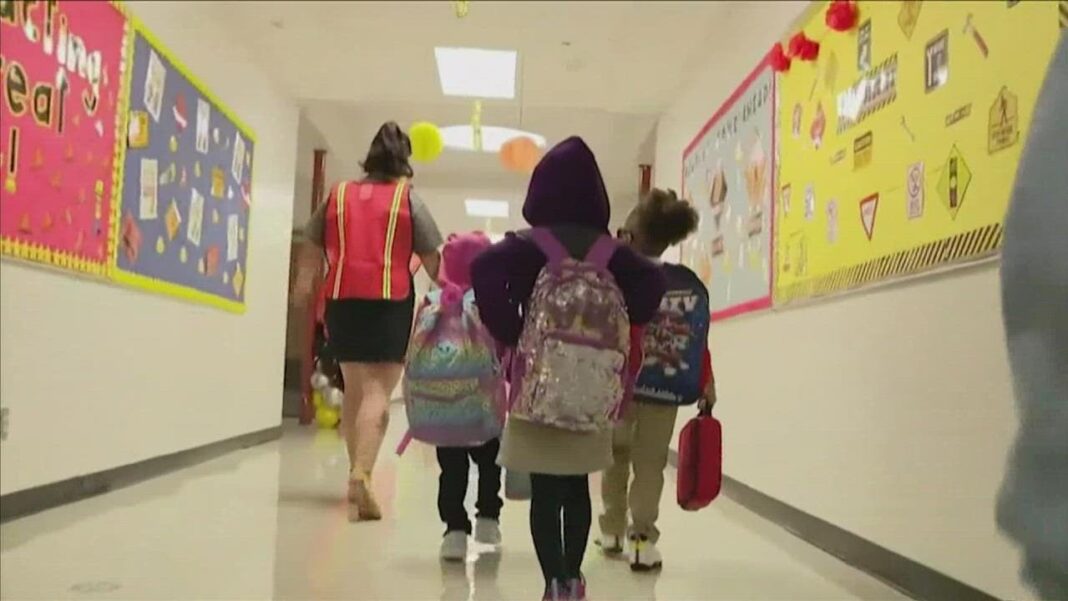Supporters of school choice celebrated when a judicial panel dismissed legal claims from two lawsuits challenging Tennessee’s private school voucher law.
The Educational Savings Account Program (ESA) gives families in Shelby and Davidson County school counties the ability to use public funds for private school costs. A three-judge panel ruled on Wednesday that the project could go ahead without court intervention. The program passed the legislature in 2019 and has since been held up by litigation.
Advocates of school choice celebrated the decision. “The Court’s decision secures access to additional educational opportunities for thousands of children in Shelby and Davidson counties,” Attorney General Jonathan Skrmetti’s office wrote to The Tennessean. Lead counsel for the parent intervenors and Institute for Justice Managing Attorney Arif Panju also praised the ruling, saying that school choice programs empower parents.
In the 26-page decision (pdf) judges dismissed the argument by opponents of the program that both the Shelby and Davidson County governments would face financial injury in the funding of their local public schools (as a result of students choosing to enroll in private schools).
Subject to appropriation by the legislature, a provision in the law replaces any funding lost through vouchers with a school improvement grant program for the first three years.
“This controversy is merely a disagreement of public policy and inappropriate for judicial decision,” the majority ruled in its decision. The counties would only have legal recourse in the courts after an actual budget shortfall. Recently reelected Tennessee Gov. Bill Lee, a Republican who spearheaded the program, also celebrated Wednesday’s decision.
“Through our ESA Program, TN families can finally choose the best school for their child,” Lee posted on Twitter. “Hundreds of students have already enrolled in this life changing opportunity to receive the high-quality education they deserve.” However, opponents of the motion say that this ruling does not necessarily put this case to rest.







